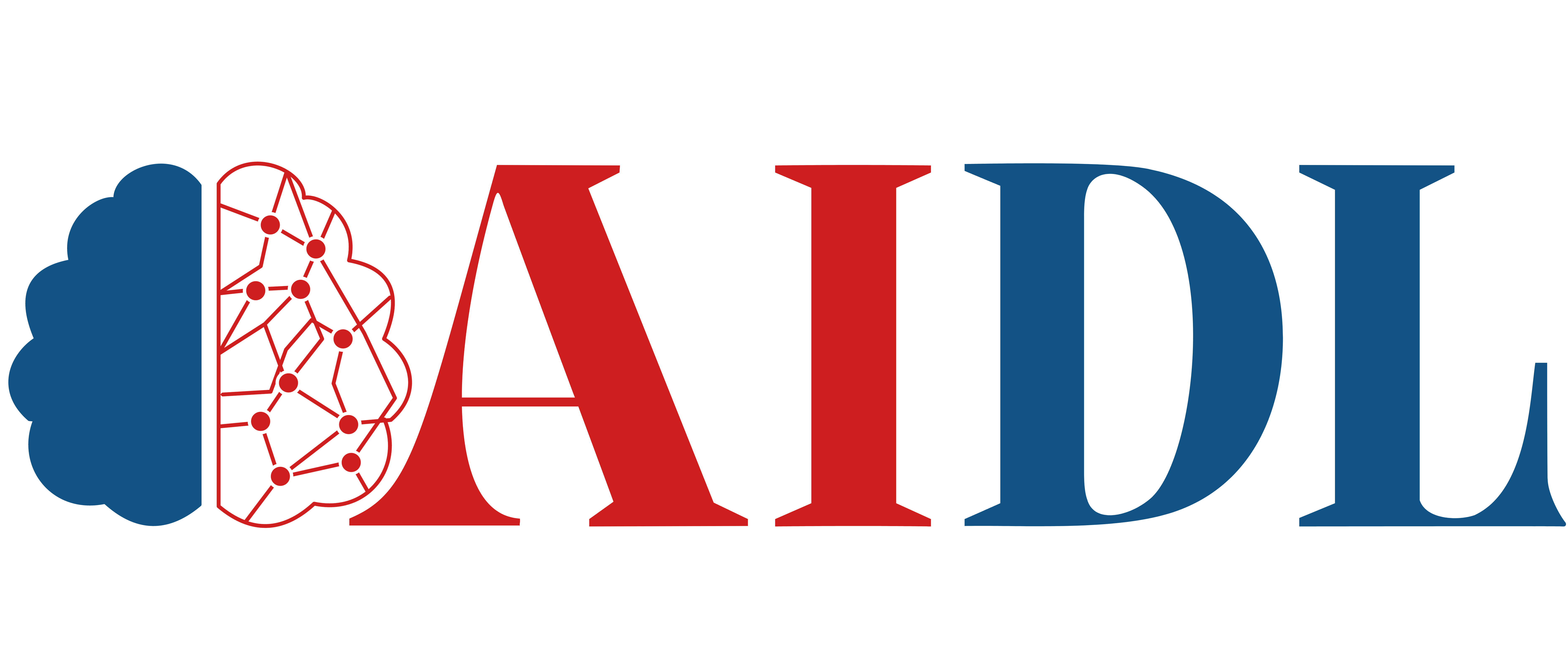
Knowledge Representation and Big Data
AIDL_B01
Knowledge representation, data structures and rules adopted for this purpose comprise a fundamental part of artificial intelligence algorithms. The main aim of knowledge representation is to represent real-world objects and their relationships in a form which is suitable for processing by an intelligent agent (software) which, through performing “inference steps” will eventuate to specific results. Critical parameters for understanding and solving an artificial intelligence problem are not only the representation of the input data but also, mainly, the representation of the results (output data), i.e. the “knowledge” which is generated by the algorithm. Correct representation of knowledge is considered the big first step in designing an algorithm which can extract it from the input dataset – especially in the case of Big Data. This course examines the main categories of knowledge (objects, events, performance, data and meta knowledge) as well as their main representations (ontologies, rules, frameworks, semantic networks, system architectures). In addition, the Big Data termis introduced along with its main characteristics, its categorization criteria and the main open scientific and ethical problems related to its storage, retrieval and processing. Finally, Big Data is related to the appropriate forms of Knowledge Representation and inference machines for extracting knowledge from a Big Dataset. The course is finalized with the topics of visualization and mobile use of Big Data.
- Introduction to knowledge representation
- Structure data representation
- Ontologies and domain knowledge representation
- Logic programming and propositional logic
- Inductive and qualitative reasoning
- Introduction to Big Data
- Platforms and tools for storing, handling and processing Big Data
- Big Data as input for AI algorithms
- Bid Data visualization
- Real world use cases, methodological issues and open problems
This course is using project-based assessment. Students are asked to complete a project which consists of a report evaluating their familiarity with the basic tools of knowledge representation and bigdata handling (R, Hadoop, Spark). Grade is based on the completeness of the report, use of sources (80%) and level of presentation (20%).
- Utilize knowledge representation principles to address specific challenges associated with Big Data, including data storage, retrieval, and processing.
- Analyze the main characteristics of Big Data and its categorization criteria, and differentiate between structured and unstructured data in the context of knowledge representation.
- Evaluate the selection of appropriate knowledge representation methods for specific scenarios involving large datasets and justify their choices.
- Assess the effectiveness of knowledge representation techniques in extracting meaningful knowledge from Big Data, taking into account the quality and relevance of the output.
- Design and create knowledge representation models for practical use cases, considering the unique requirements of Big Data applications.
- Develop tools for visualizing and making Big Data, incorporating appropriate knowledge representation and inference machines.
Course Features
Course type: Major
Semester: 2nd
ECTS: 6
Duration: 13 weeks
Courses: Instructor-led
Language: English
Assessment: Project based
Instructor
